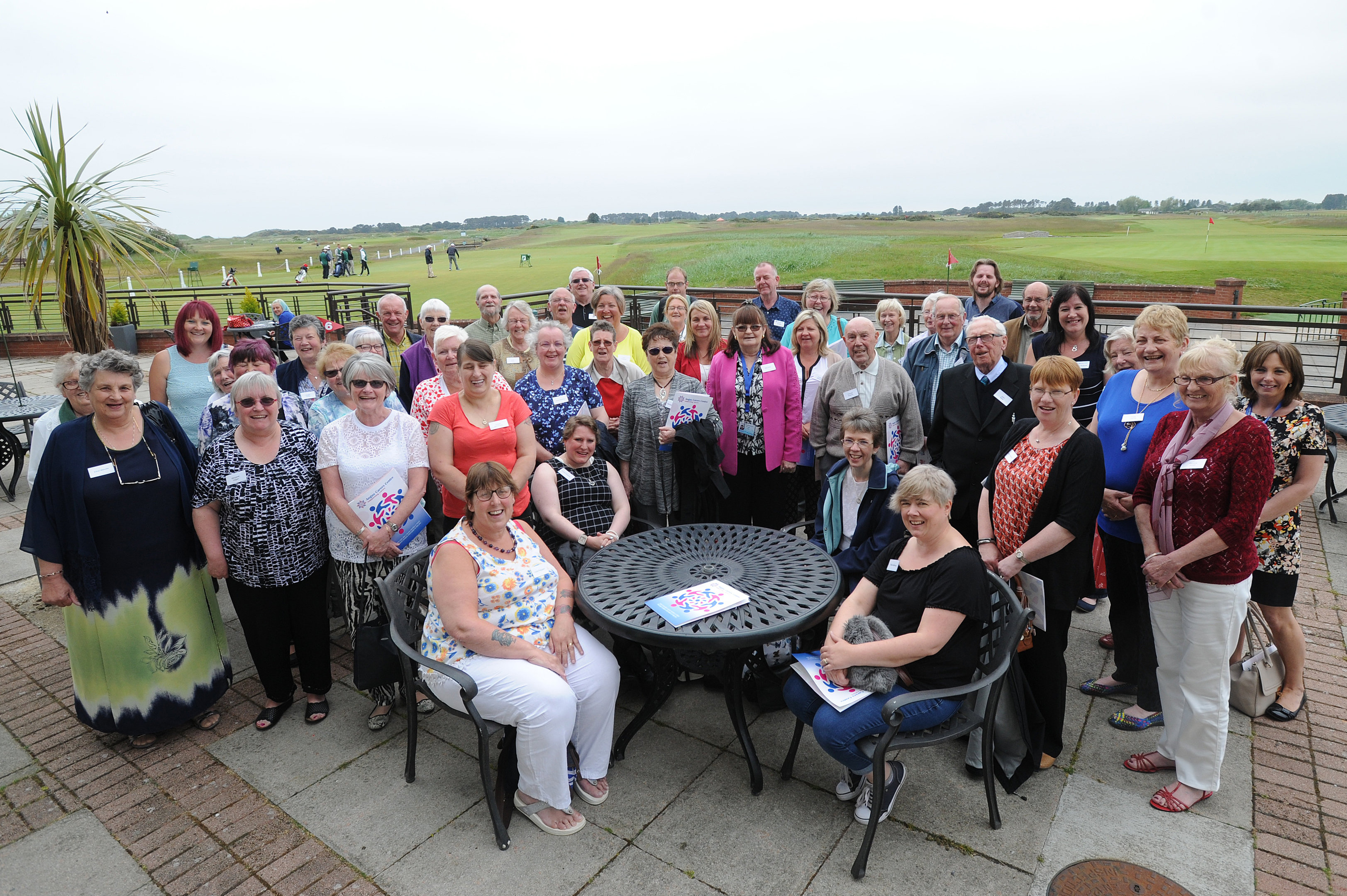A charity chief has warned that the burden for carers in Angus was increasing due to shrinking public services.
Alison Myles, the CEO of Angus Carers Centre, said carers were now performing a “heavier” role as public sector bodies looked for more community based solutions to care.
She was speaking as Angus Carers Centre welcomed more than 100 people to their annual Carers Day at Carnoustie Golf Hotel.
Ms Myles said: “The population projection in Angus is that it will remain fairly static for the next 20 years but the amount of elderly people is going to increase.
“So we will see a lot more elderly carers looking after their loved ones as well as more working carers looking after elderly parents.
“Many of the people who are caring for a relative are not receiving support. They may be at a stage where they don’t require support yet.
“But we know that there’s more and more burden being placed on family carers as the health and social care services shrink and, as we look for more community based solution to care, carers are getting a much heavier role.”
The group has seen more than 450 new referrals in the past year alone, taking the number of adult carers in Angus it assists to 2,112. The group also helps around 200 young carers.
Ms Myles said the amount of people coming to Angus Carers Centre was increasing at more than 10 per cent a year.
“In the last year we received 450 new referrals and about 200 people deregistered – their caring role might have stopped due to bereavement or there’s been a change in their circumstances,” she said.
“It’s putting a strain on our resource because our staff team hasn’t increased.”
She praised the introduction of the Carers (Scotland) Act into legislation which will gives carers more rights.
The group will hold a Carers Voices networking meeting at its centre in Grant Road, Arbroath, on July 5 from 11am to 2pm which will use carers’ expertise to help design and shape services in Angus.
The event allows carers to take part in a variety of fun activities which gives them some respite from their normal caring duties.
It also allows participants to talk to others who might be in similar situations as well as find out more information about the services available to them.
